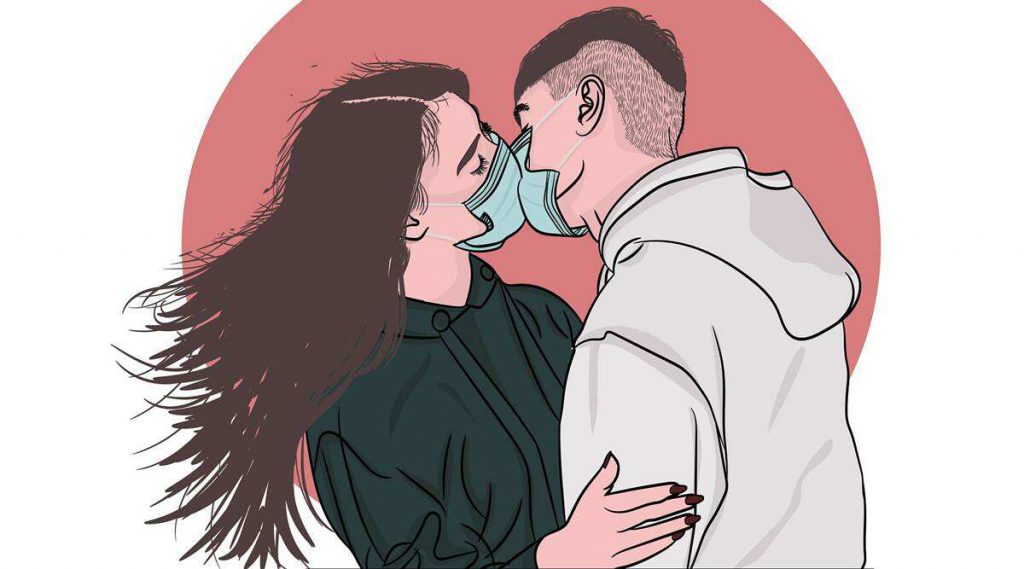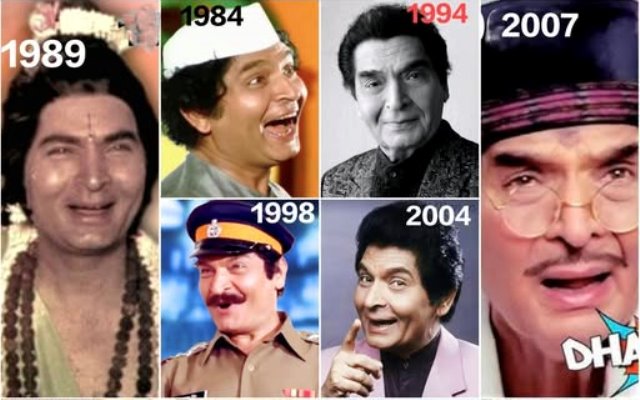
Love in Lockdown
Relationships can be hard at the best of times, but how did existing couples keep the love during months of lockdowns, and how did people find love during lockdowns?
Relationships are fragile; sometimes it takes a great tragedy, such as a pandemic, to rip them apart. As told by the Indian Express, Neha, a Delhi-based software engineer broke up with her Jaipur-based boyfriend two months ago, owing to the stress of keeping up with a long-distance relationship in lockdown. They were slated to get married later this month.

Neha’s is not a case in isolation. Around the world, the ongoing health crisis has caused a spike in break-ups, along with marriages falling apart. In December 2020, a BBC report had mentioned that divorce applications and break-ups have been “skyrocketing across the UK”. Per the report, Stewarts, a leading British law firm, had logged a 122 per cent increase in enquiries between July 2020 and October 2020, compared with the same period last year. Additionally, Charity Citizen’s Advice also reported a surge in online searches from people seeking advice on how they can end a relationship.
Ever since the pandemic started last year — besides health-related issues — there have been one too many instances of couples feeling overwhelmed, having to stay locked at home for a prolonged period of time — with or without each other. This has led to emotional and mental health problems, which seem to have resurfaced this year.
According to Shahzeen Shivdasani, a relationship expert and millennial author of the book Love, Lust and Lemons, the pandemic has impacted relationships both for better and worse. “It has given people the time to pay close attention to their relationships. A lot many people have walked away from relationships, having realised they want different things out of life or are not compatible anymore. In some cases, the pandemic has also taught people to fight for their relationships and pay more attention to nurturing them,” she said.about:blankImageUpload an image file, pick one from your media library, or add one with a URL.UploadMedia LibraryInsert from URL

Concurring with her, relationship expert Dr Aarti Dahiya — and the founder of ‘Niyati by Aarti’ — offered that as per her observations, relations within families have improved, and have become better than usual, with people considering the efforts taken “by each member to contribute”. It has made people “more affectionate towards each other”. “Moreover, there is a well-known proverb, ‘Bad time shows the best relationships‘.”
And while this gives hope, Shivdasani said there have also been cases wherein unmarried couples have drifted apart, because of lack of physical intimacy. “The last few months have been about surviving another lockdown. A lot of people have feared the impact this would have on their relationships again, and how to make long-distance work. For single people, I have come across questions on how they are giving up on finding a partner as no matter how much you talk to someone online, you need physical intimacy, [along with the desire] to go on actual dates,” she told this outlet.
As is the case with relationships, there is always a flip side. While some may feel stuck with their partner, owing to a lack of social interaction with other people, others may find the distance deeply troubling. This could directly impact their mental health, leading to an aggravation of some already-existing issues.

Married versus unmarried
This has been a debate that has raged on from before the pandemic and has gained significant momentum in the past few months, especially in lockdown. As mentioned earlier, situational issues may vary from couple to couple. How things shape up for a married couple may totally differ from that of an unmarried couple looking to spend more time with each other but having to settle for online meetups instead.
Shivdasani said that for people who are dating, the questions are about “losing hope in love”, and if they “will ever find a partner if the pandemic continues”. A lot of single people are suffering from loneliness, she said. “For married couples, the most important question is how they can spend time together but also get their space while living in the same house.”
Aruba explained that every relationship has seen its own set of ups and downs filled with a lot of doubt during this pandemic. And while married couples were seen having issues being locked up together — having to share their privacy and not get enough time for themselves and their hobbies, social lives, or families — people who are unmarried had to deal with the distance, which led to misunderstandings.
Importance of nurturing relationships
Even in all this chaos, and especially because of it, it is important to have a more empathetic outlook towards relationships. Dr Dahiya said, “Creating a good atmosphere is needed during this pandemic time”. “Try to understand each other’s values and cooperate as much as you can; it will only bring happiness to your life. [Couples] should learn to enhance their skills and motivate their partner to do the same. I must say, there is ample time to learn and to be a better version of yourself, so that your partner can feel proud of you,” she advised.

Elaborating on this, Arouba added that it is important to realise the difference between a ‘feeling’ and a ‘state of mind’.
“It’s absolutely okay to feel sad but it’s not okay to be in that sadness for long. It doesn’t only affect you, it affects the people around you as well because they care. Reach out to a loved one and share your emotions with them. Communication is the key to maintaining any relationship. Sometimes, it’s important to seek professional consultation. Our mind is our strongest weapon and we can either let it consume us or let it direct us towards a more productive, happy and healthy lifestyle,” she said.
“Couples have already got a taste [of this extraordinary circumstance] from last year’s experience. They have realised if they survived this before, they can survive this again. It also speaks of the strength of their relationship, if they can get through this in the first place,” Shivdasani concluded.



